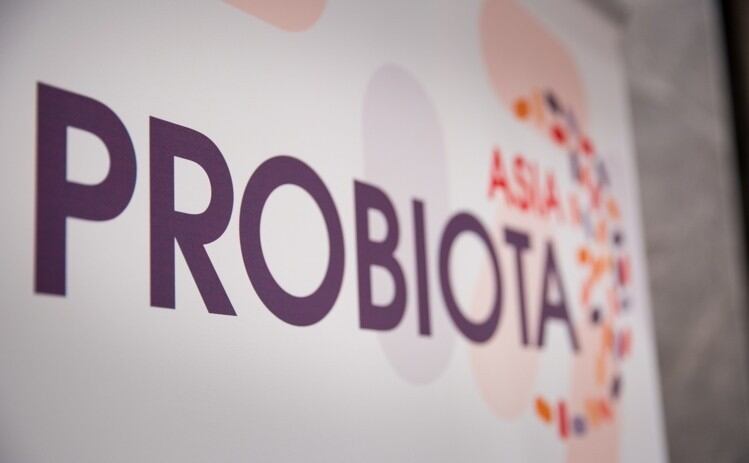Peter Van Dael, Senior Vice President, Nutrition Science and Advocacy, at DSM Nutritional Products, told NutraIngredients-Asia about the company’s R&D plans on early life nutrition when he was at the 13th Asian Congress of Nutrition held in Bali.
Van Dael pointed out that the firm had been focusing on four types of nutrients, namely folic acid, DHA and ARA, new components such as human oligosaccharides, and lastly, pre and probiotics for its early life nutrition portfolio.
Specific to APAC, he said that providing a highly bioavailable and stable combination of nutrients was a key focus for R&D in the early life nutrition space.
“When we look at early life, I think it is a very critical period, because [the children’s] growth at this stage is very fast, so this means that absorption on the nutrients given needs to be pretty high.
“First of all, we want to provide more bioavailable and stable ingredients which could be incorporated in whatever solutions that we provide,” he said.
He gave the combination of DHA, ARA, and iron as an example.
“Having a stabilised form of DHA and ARA is definitely important, because you can’t only have one nutrient fortification in APAC. You will also need to tackle iron deficiency, and when you work with iron, DHA, and ARA, those who are experts will know that it is not so easy.”
On the other hand, there was also a need to address recurring infection caused by malnutrition, with ingredients such as human milk oligosaccharides and probiotics strain Lactobacillus rhamnosus (LGG) showing potential in this area.
“One of the reasons why malnutrition is a recurring process is because malnutrition creates infection. Infection makes you lose weight, and you actually become more malnourished and this becomes a vicious cycle.”
Young and malnourished
Some South East Asian countries, such as the Philippines, have a young and malnourished population, which therefore makes these countries an area of research interest for DSM.
Van Dael highlighted Indonesia, Vietnam, Laos, and Thailand as some other examples.
“Indonesia clearly is a place where we would like to do research, because again, the young population is pretty high, and we know from data that about one-third of the infants and children, between the age of three and six, seem to have poor nutritional status."
He added that Thailand would be an “extremely interesting” case study.
He said that this was because the country’s attempt to tackle malnourishment in the past 30 years had proven that adequate nutrition in early year life could lead to improved outcomes in later years.
“I think it will be great to continue to partner with these researchers and continue to see how good nutrition can improve the health of young Thai children.”
As for other parts of APAC, DSM previously concluded research on DHA intake in mothers and children in South Korea. Follow-up work is now underway.
It is also embarking on research in India in the next three to six months to find out the link between maternal nutrition and the risk of pre-mature birth.
Consumer education
Other than R&D, Van Dael also highlighted the need for educating consumers about the importance of early life nutrition, particularly through channels such as schools, healthcare practitioners, and educating the mothers themselves.
“We were talking with a professor from India who said that education of children was critical… Because it is during young age that you really make a difference. We will really happily engage in that, because it is an important point to work on.”
On the other hand, education about early life nutrition could also start with the parents – especially in Asia.
“I have an example from Vietnam. When the husband learned that the wife is pregnant, he offered her a nutritional supplement, which is kind of funny. Because in my own country, I will buy a bouquet of flowers or something that makes my wife happy, but I wouldn’t come home with nutritional supplements.
Lastly, he pointed out the need to educate healthcare practitioners, because they were the go-to contacts when mothers needed advice.
“The last point which I think is important is to conduct an e-learning course for the health practitioners, and that include the midwives, the paediatricians, the hospital practitioners, the health community who play a role in advising mothers.”





